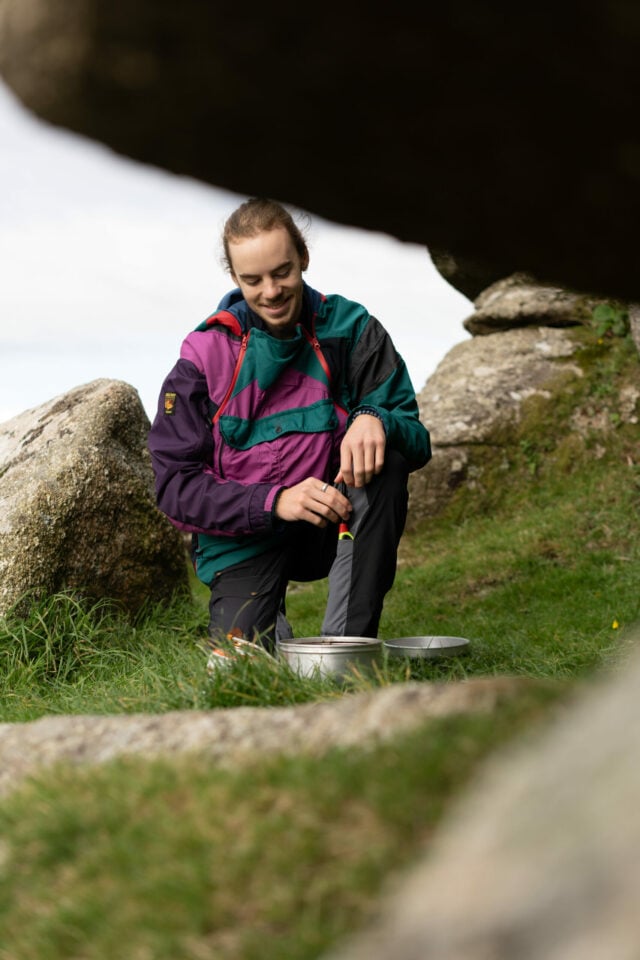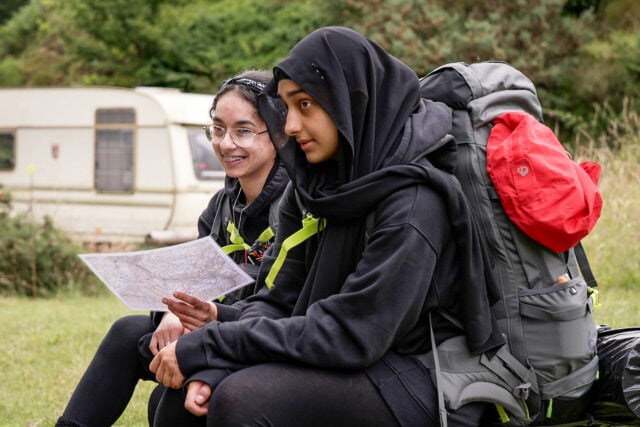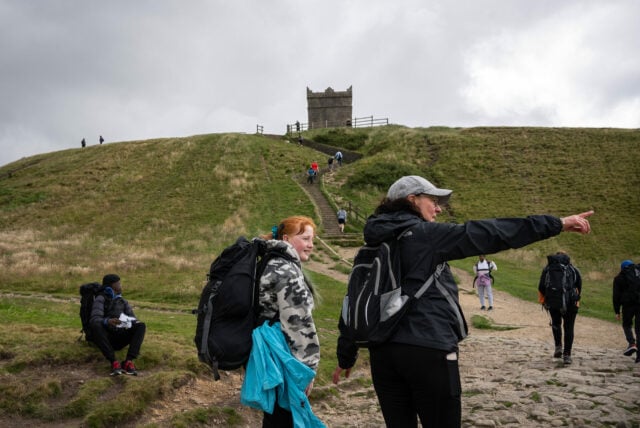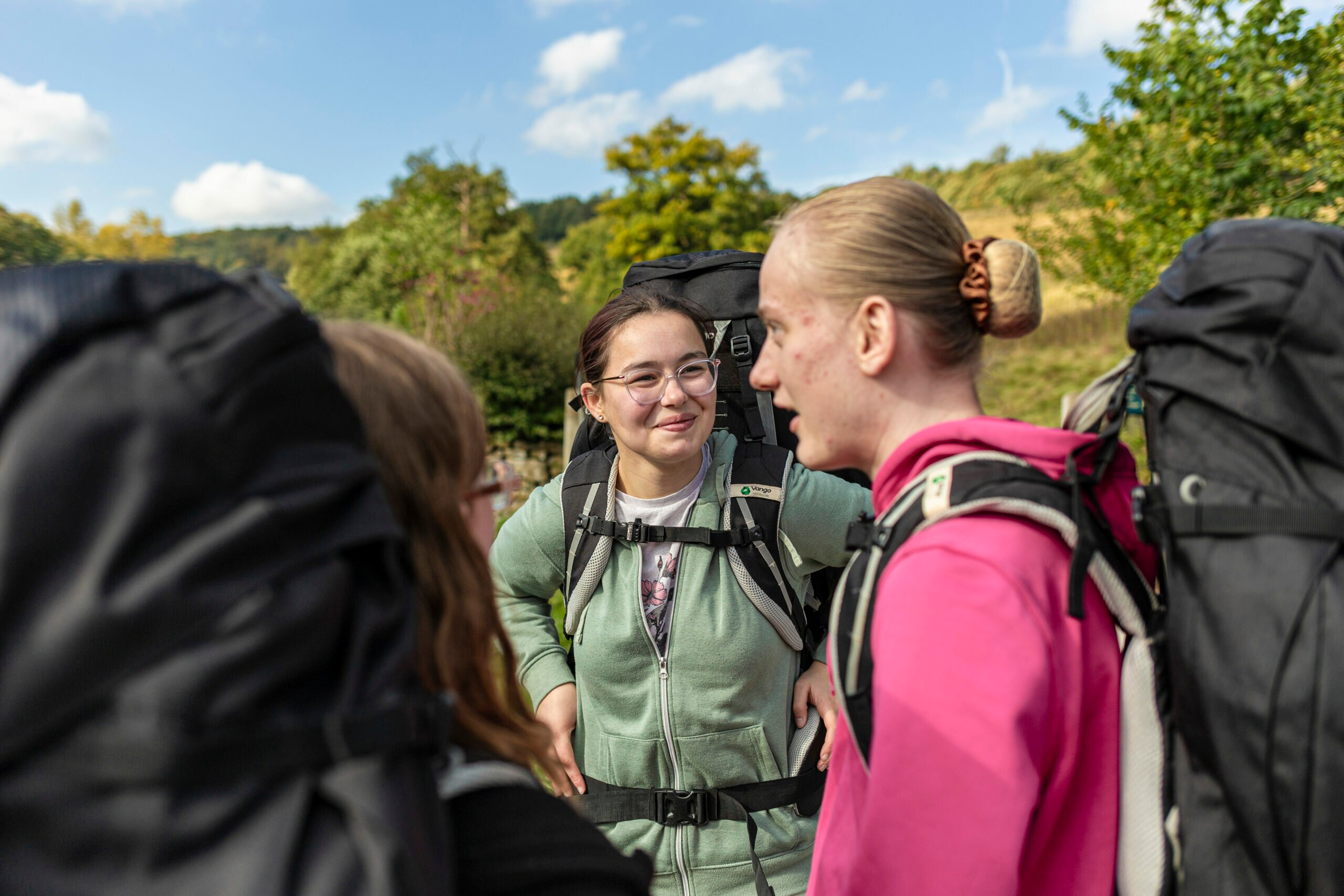
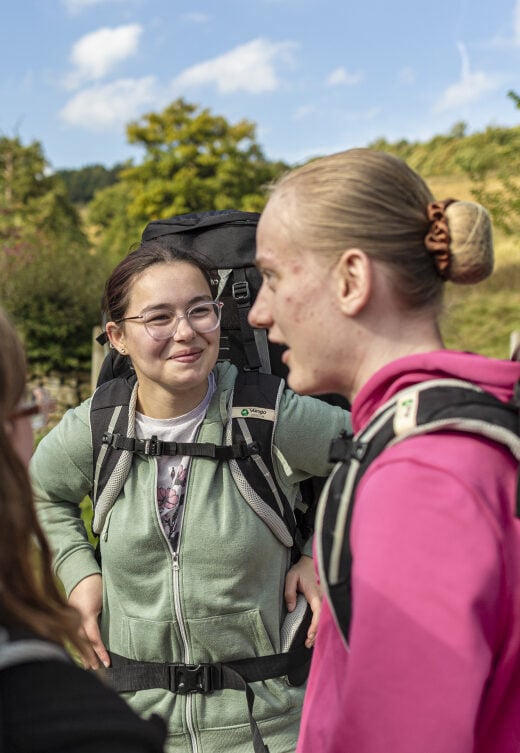
Incidents
The DofE charity collects information about incidents relating to the delivery of DofE programmes around the UK. It does so in order to:
- Identify common themes or trends and communicate these to the DofE network, helping everyone to better manage risk
- Help the charity to ensure that Licensed Organisations and AAPs are complying with the terms of their operating licence
- Help the charity to support and manage communications with all parties, particularly in the case of serious incidents
- Help the charity to identify potential enhancements or changes to our adult training offers and DofE programmes.
To report an incident to the DofE charity, please fill out the incident report form here.
For information on what incidents to report, read Incident Reporting for LOs and AAPs.
In 2024, we commissioned Pharos Response, an independent specialist risk management consultancy, to review our Expedition section policies, processes, resources, and training. Thank you to those who deliver the DofE across the UK who fed back via the survey!
Pharos have now provided us with some recommendations for how we can continue to ensure our safeguarding on expedition practices are robust and appropriate. Some of those recommendations will take careful planning and time.
However, please don’t worry – the fundamental aspects of the Expedition section won’t change.
As the 2025 DofE expedition season gets going, it’s important to remember the requirement to report any incidents or near misses that occur while young people are doing their DofE activities.
In signing the licence to deliver DofE, each Licensed Organisation and Approved Activity Provider commits to reporting these matters to the DofE.
One recommendation we can act on immediately is improving how we use incident data to identify key trends, areas for improvement and effective safety practices.
In response, we’ll begin to publish annual incident summary reports ahead of each expedition season which will provide valuable insights to aid your expedition preparations. We want to build a culture across the DofE network where learning from experience leads to continuous improvement.
We’ve shared “lessons learned” documents in the past, as it’s always been important for us to review and share the trends we pick up on. Now, we’ll aim to improve the quality and consistency of incident data as we work through the broader recommendations. More reliable data will enable us to make these reports into something useful across the board.
We also want to be able to show why reporting matters and is something that benefits the whole network. The more we share, the better we can support each other – strengthening our commitment to safety and learning.
We appreciate your ongoing support and will keep you updated as this work progresses.
Ahead of the 2025 expedition season, we have gathered some practical tips and takeaways based on the trends we’ve seen from incident reporting data in 2024.
Our analysis shows a notable increase in reported incidents compared to the previous year. Overall, reported incidents have risen by approximately 17%.
This is, potentially, a positive sign, reflecting a stronger culture of reporting across the network, but could also be attributed to increased participation levels.
The overall number of reported incidents has increased.
- The increase in reported incidents is a positive sign of a stronger reporting culture. We encourage all staff and volunteers to continue reporting incidents consistently to help us spot trends and improve safety.
- Make sure to have a post-expedition debrief with the entire expedition team. Discuss any incidents as part of these debriefs, as they can help identify patterns and areas for improvement. You may also find it useful to complete the online incident report form during the meeting, while details are still fresh in everyone’s minds.
Reports of illness have seen an increase.
- The increase in illness reports highlights the need for quality first aid training and support for participants. Take a look at some of our resources that support with preparing and training with a first aid kit.
- In your downtime between expeditions, make sure your first aid training is up to date and focus on common expedition-related conditions and illnesses, e.g., dehydration, hypothermia, allergic reactions.
- You can set up realistic, outdoor first aid scenarios during pre-expedition training sessions. Groups will hugely benefit from role play to build their confidence, and you can make these progressively more challenging by starting with simple injuries like blisters, before moving onto more complex situations such as managing heat exhaustion. You can also use online resources to support sessions, such as this online guide from St John Ambulance.
- Some illnesses may be prevented by encouraging participants to stay hydrated and eat properly. Poor nutrition and hydration can very easily impact the safety, and performance, of participants as they’re more likely to experience fatigue, dizziness and nausea.
- Use a structured meal planner to ensure participants pack sufficient and balanced food for their whole expedition. They should be focussing on a mix of carbohydrates, proteins and fats so meals provide long-lasting energy and aid muscle recovery. Make sure you also utilise the practice expedition to trial expedition meals beforehand and encourage participants to reflect afterwards. Take a look at some of our Expedition food resources.
The number of incident reports regarding participants getting lost on their route has risen.
- This increase highlights the need for better navigation skills for participants and improved supervision skills from Leaders.
- Focus on map reading and compass skills throughout the year, not just in expedition season. Participants need to receive hands-on training in a practical setting so they can confidently navigate themselves on their qualifying expeditions. Take a look at some of our Maps and Compasses resources.
- Encourage participants to check their location regularly even if they’re confident with where they are going. They should be frequently comparing their maps to their surroundings and orientating their maps so, if they do get lost, they can confidently retrace their steps. You can also use the free resources from Ordnance Survey to help with map reading.
- Make sure you have a detailed supervision plan that your whole expedition team is familiar with. Plan checkpoints where teams must stop and can reassure you they’re confident in their location and are on track. A good supervision plan should identify areas with hazards and possible areas of navigational error.
There has been a decrease in near miss reports.
- This may indicate improvements in risk assessment or potentially the lack of awareness to report near misses.
Many Leaders don’t realise that near misses should be reported. A scenario where equipment fails, or a group almost gets lost, is just as important as an incident when it comes to learning from experience. You can use real-life examples of past near misses to teach both Leaders and participants about risk and how to prevent future incidents. Examples that provide good learning opportunities include:
- A stove nearly tipping over as a group were cooking on an uneven surface.
- A participant slipping near a river, but not actually falling in.
- A participant showing early signs of dehydration, but recovering after Leader intervention.
Remember, reporting isn’t about blame. Incident and near miss reporting is about learning and, in the long run, making expeditions safer.


